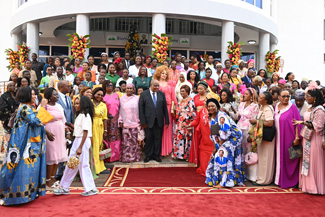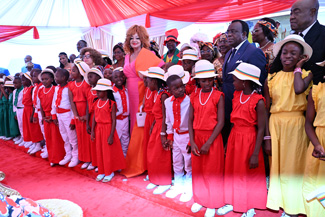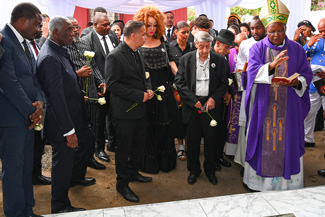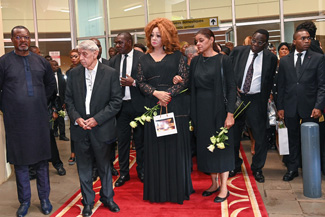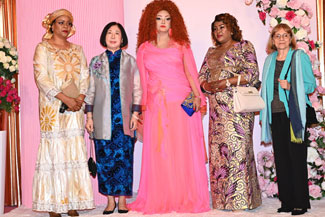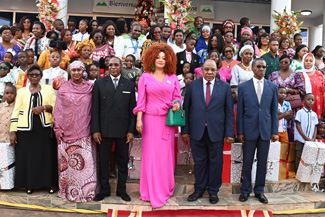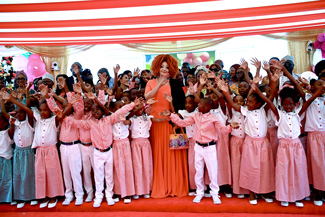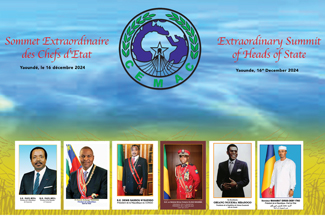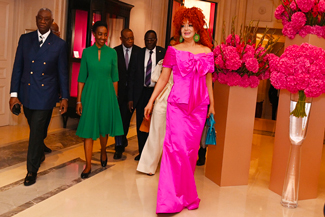It is time to take urgent action against climate change. The Paris Conference on Climate Change is a historic opportunity for the international community to make commitments that are commensurate with the challenges faced. Together, we must contain the harmful effects of global warming.
It is true that the road from the Rio Summit in 1992 has been long, marked by the holding of many conferences in Kyoto, Bali, Copenhagen, Cancun, Durban, Doha, Warsaw and Lima. However, these efforts have not been in vain. Considered at first as the business of specialists, global warming has shaken the conscience of nations, their leaders and peoples. The question now is: what planet are we going to bequeath to future generations?
There is no doubt that climate change is caused by human activities as demonstrated by the 5th Assessment Report of the Intergovernmental Panel on Climate Change (IPCC). Although it has been clearly established that industrialized countries are more responsible for climate change than developing countries, that is not the issue. It is no longer time to apportion blame, but to act. This global problem of climate change requires appropriate solutions from the international community.
All the preparatory work carried out in Lima, Bonn and Paris ahead of COP21 is an indication that we are moving towards a comprehensive and ambitious agreement to contain global warming by keeping global average temperature increase below 2°C by 2100.
We expect the "Paris Agreement" that will crown the deliberations of this conference to include compromises between national interests and those of the community of nations which are acceptable to all parties. To be credible, the commitments should be binding, especially with respect to the reduction of greenhouse gas emissions, and provide for the establishment of appropriate financial and technological assistance mechanisms to support poor countries in their fight against climate disruptions.
Indeed, for many developing or emerging countries on the path to emergence, including Cameroon, greenhouse gas emission reduction remains predicated on support from the international community, especially the industrialized countries, in the form of funding, capacity building and technology transfer.
At the same time, it is necessary to draw up a financing schedule to ensure that partners in the agreement meet their commitments.
Similarly, it will be indispensable for the various funds, particularly the Green Fund, to be replenished by developed countries as planned and in a sustainable manner, without prejudice to grants awarded as official development assistance, and for access to funding sources to be simplified.
Cameroon intends to fully meet its commitment to reduce the carbon footprint of its development by 32% by 2035 compared with 2010.
Cameroon’s development policy, which seeks to achieve the status of emerging country by this same date, will certainly require climate change adaptation. At the international level, these mitigation measures will require technology transfers, maybe through a multilateral special fund. At the national level, the measures will also require us to harmonize our sector policies and scale up the efforts we have been making for several years now (reforestation as part of desertification control, designing a clean development mechanism, sustainable forest management and biodiversity conservation).
We must size up the real stakes of COP21 which are nothing short of ensuring the survival of mankind.
If participants demonstrate enough political courage to take obviously difficult but indispensable decisions to mobilize adequate resources and coordinate their efforts, then the Paris conference would have achieved its goal and marked a historic turning point.
Paul BIYA,
President of the Republic of Cameroon


